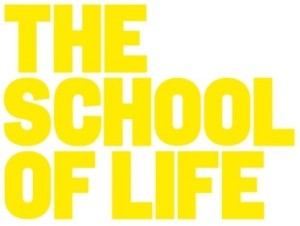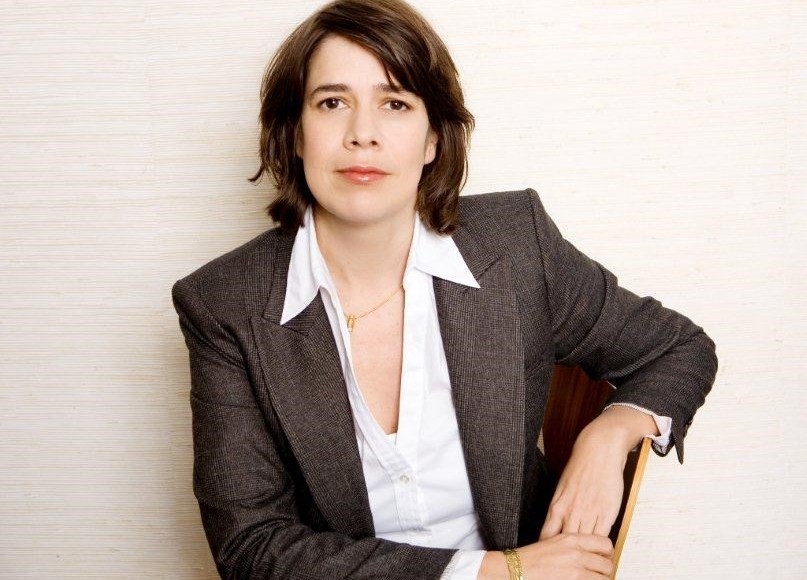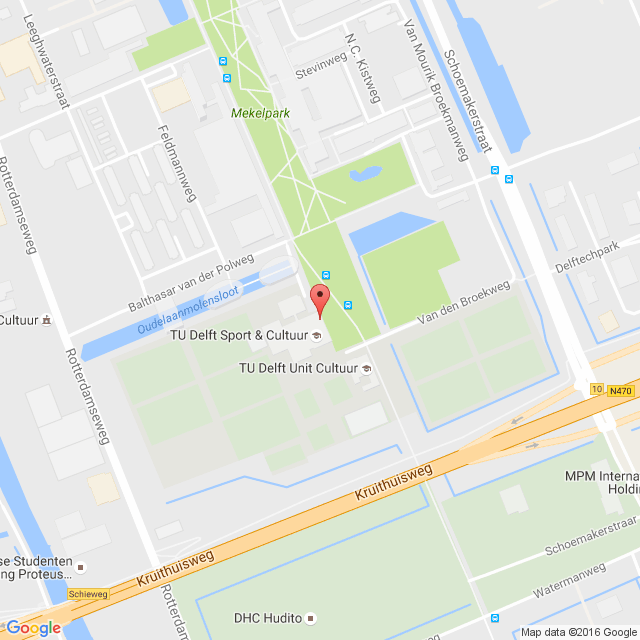 Women in philosophy? You have to look very thoroughly and carefully to find out which women in philosophy were important. Why is that? Why was it so difficult for women to penetrate the stronghold of the great thinkers? Do women think differently? In the full three-part course of the series, the interesting women that everyone should know are covered.
Women in philosophy? You have to look very thoroughly and carefully to find out which women in philosophy were important. Why is that? Why was it so difficult for women to penetrate the stronghold of the great thinkers? Do women think differently? In the full three-part course of the series, the interesting women that everyone should know are covered.
At 1 March, we will dive into the whereabouts of Hannah Arendt. Hannah Arendt is an important political philosopher of the 20th century. She is well-known for her analysis of the totalitarian societies and the report of the Eichmann trial.
Arendt was born in 1906 in Hanover, and as a Jew, she fled to America in World War II. In 1951, she becomes famous for: ‘The Origins of Totalitarianism’, a study of the roots of totalitarianism. This has been awarded in every list of great books of the 20th century. Arendt argues inter alia that Nazism and Stalinism are two auctions of the same strain – an idea that is now generally accepted. Furthermore, Hannah Arendt’s has written the book ‘The Human Condition’ in which she defined the three human activities; labour, work and action with two mutually exclusive spheres: the political and everything else. See explicatory movie below.
As a celebration, Daan Rovers will bring an ode to Hannah Arendt, the most important woman in philosophy.
Daan Roovers, former editor of ‘Filosofie Magazine’, is a frequent discussion leader, interviewer and stand-up philosopher. She also teaches public philosophy at the University of Amsterdam. She has developed the month and night of the philosophy, was ‘Denker des Vaderlands’ and G8 Philosophy. Her main motive is investing in individual and collective brainpower and she is pleased that the public philosophy in the Netherlands is a great success. Roovers is one of the main lecturers in the series: ‘7 women in philosophy, you should know’.


